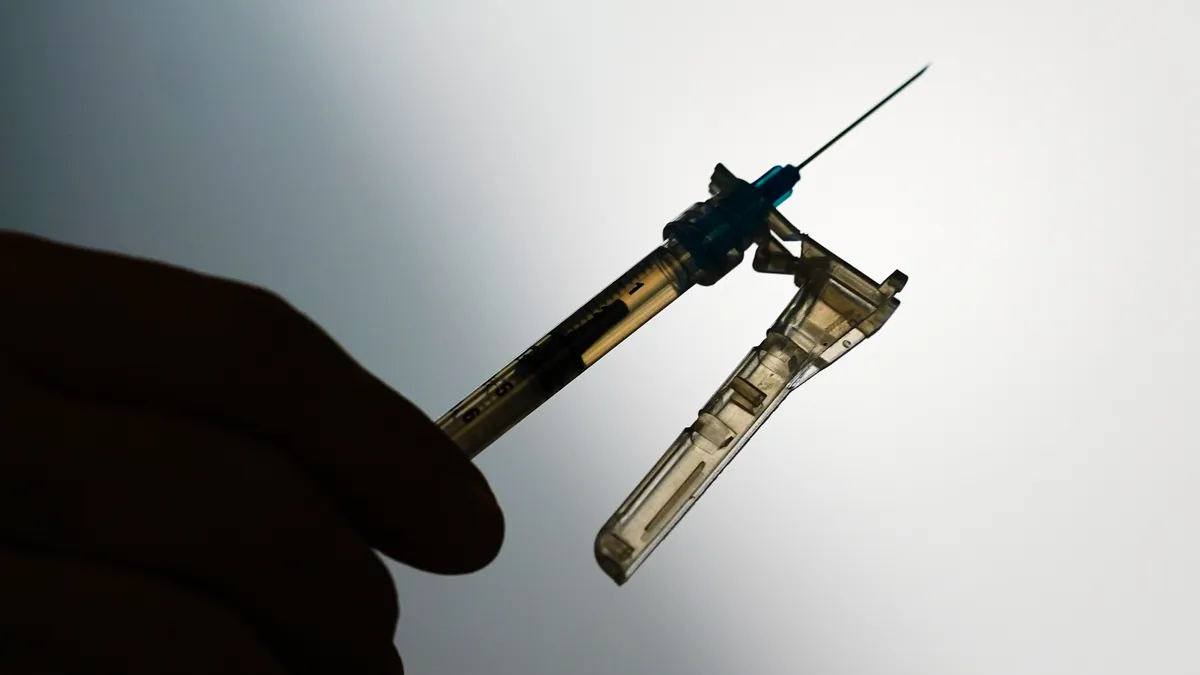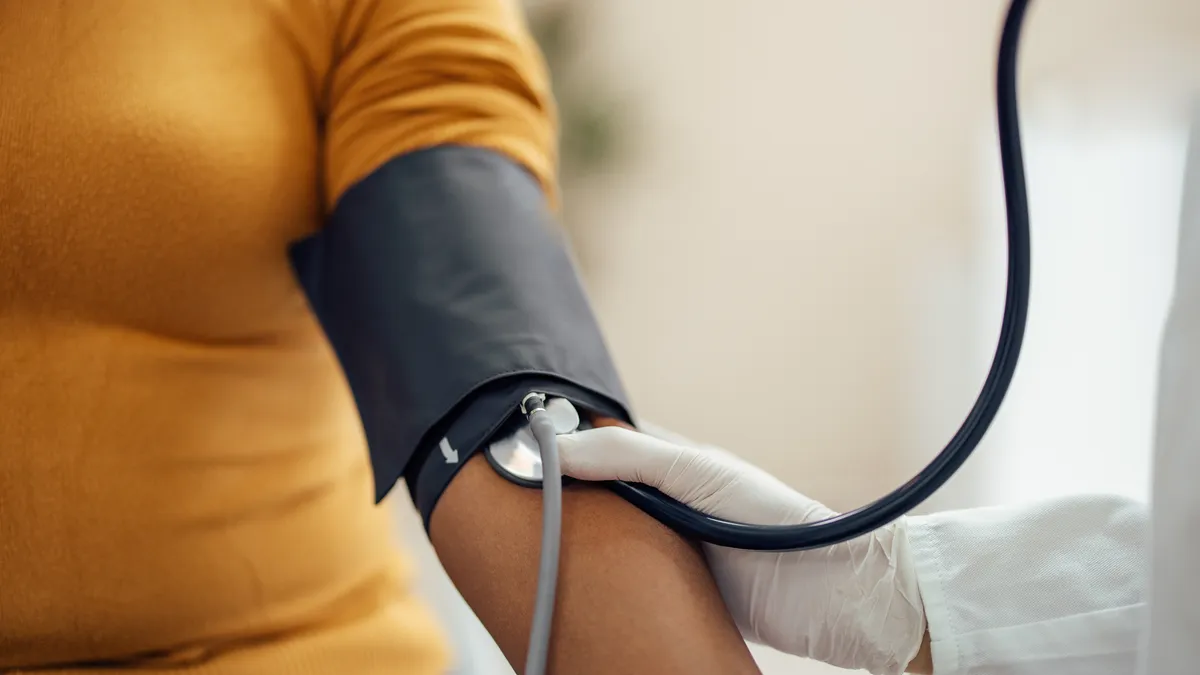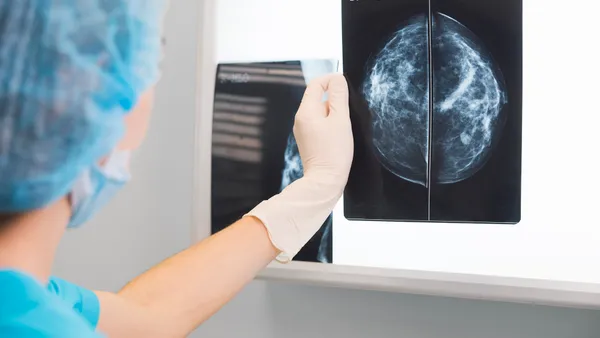Dive Brief:
- The European Union's in vitro diagnostic expert panel has published its first opinion on an In Vitro Diagnostic Medical Devices Regulation (IVDR) submission, delivering a glowing opinion of the filing for a test to screen plasma donor samples for hepatitis E virus (HEV).
- The experts found the evidence provided by the manufacturer "was comprehensive, and systematically structured," leading them to conclude the assay is "fit for purpose and complies with the requirements [of IVDR]."
- The expert panel did not name the manufacturer or test but there are indications it could be the Procleix kit that Grifols developed in collaboration with Hologic. Grifols disclosed a CE mark for its HEV test in July 2014, just days before the kit covered by the assessment report came to market.
Dive Insight:
The expert panel part of the EU's Medical Device Regulation (MDR) and IVDR got off to a rocky start earlier this year, with the first report published about a medical device withdrawn temporarily after a request from the notified body. The expert panel challenged the notified body's assessment of the Class III implantable device, arguing that the four-month supporting study was too short.
Having begun accepting applications to review the performance of high-risk IVDs in September, the IVDR expert panel has now delivered its first opinion. The opinion is far more positive than the first MDR expert panel report.
"The assay under review demonstrated appropriate levels of both clinical and analytical sensitivity and specificity. Sufficient evidence was presented on the robustness of the assay. The sample types included in the instructions for use, along with their storage conditions were validated. Detection of all four known genotypes of HEV was demonstrated," the expert panel concluded.
None of the experts had divergent opinions. Instead, the entire panel united behind a report that concludes the manufacturer has provided sufficient evidence to show the assay is fit for purpose and complies with IVDR.
The manufacturer was able to draw on a body of evidence built up during seven years of real-world use in European donor screening programs to make its case. The expert panel said the technology is "estimated as representing 'state of the art' and is commonly used in blood donor screening," adding that many "peer-reviewed papers have been published on its performance in a screening setting and in comparison, with other like assays."
A 2019 analysis of the European HEV blood donor screening market found Grifols' Procleix and Roche's Cobas HEV PCR assay are the most commonly used assays in the region. At that time, the researchers found Altona Diagnostics' RealStar HEV RT-PCR kit was also used at some sites.












